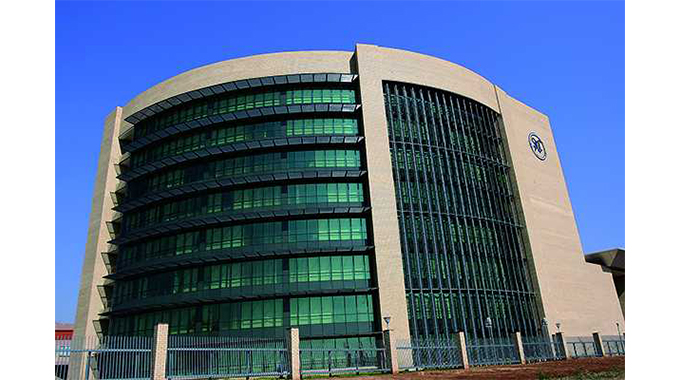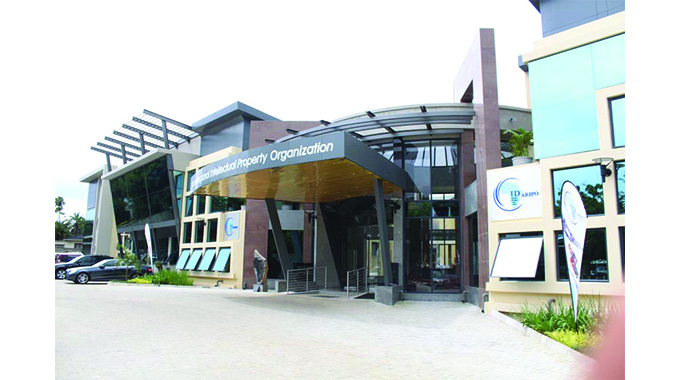Sadc tips Bulawayo leather sector for IPRs benefits

Michael Makuza, Business Reporter
SADC says the Bulawayo leather industry should now benefit more from embracing intellectual property rights (IPRs) following a capacity building training it conducted with local business players.
Through its regional programme on Support to Industrialisation and the Productive Sectors (SIPS),SADC and its partners recently engaged local leather sector players over opportunities to be exploited through mainstreaming IPRs aspects.
SIPS is a programme aimed at improving private sector participation in the regional leather, pharmaceutical and medical value chains in the SADC region and is supported by the European Union (EU) and the German Federal Ministry for Economic Co-operation and Development (BMZ) to enhance the expansion of regional value chains and promote dialogue between the private and public sectors.

“The Bulawayo Leather Cluster in Zimbabwe expects to realise more business value from embracing Intellectual Property Rights (IPR) following a capacity building training by the Southern Africa
Development Community regional programme on Support to Industrialisation and the Productive Sectors,” said SADC in a latest statement.
It said the training, which was held in Harare, offered training to small and medium enterprises (SMEs) in the leather sector from across the SADC region.
These were equipped with knowledge to harness the full value of Intellectual Property Rights including trademarks and patents, among others, arising from their innovations.
The workshop was convened by the Sadc Secretariat, in partnership with the African Regional Intellectual Property Oganisation (ARIPO) and was attended by representatives of SMEs in the leather industry from Botswana, Eswatini, Lesotho, Democratic Republic of Congo, Malawi, United Republic of
Tanzania, and Zimbabwe.
According to the report, participants have said the training was fruitful, informative, and an eye opener and hoped the exposure will help strengthen the value chains in the sector across the region.
Bulawayo Leather Cluster secretary-general, Mr Fungai Zvinondiramba, said the SIPS programme will help to strengthen the value chains in the leather sector as most innovations in various sectors are not being protected through applicable intellectual property rights.
He said after the training programme, there was a realisation that there are opportunities for collective branding of SMEs.
“Benefits include the realisation of the intangible value of the different names that we have built over the years, and of course the knowledge that we can protect our products and innovations in Zimbabwe and the region, even internationally,” said Mr Zvinondiramba.

ARIPO
He commended support from the EU through the Common Market for Eastern and Southern Africa (Comesa) and the Africa Leather and Leather Products Institute (ALLPI) towards strengthening the leather value chain across the continent in a seamless and cost-effective manner.
Mr Zvinondiramba said through the SIPS and ALLPI initiatives, SMEs in the leather industry were being capacitated with machines through a clustering system in Harare and Bulawayo, as well as a leather design studio.
Meanwhile, at its peak in the 1990s, the leather sector was thriving, producing up to eight million pairs of shoes but most established manufacturing firms later folded citing different factors.

However, with Government interventions that included the launch of the Zimbabwe Leather Sector Strategy (2021-2030) to anchor increased investments and maximising value-addition and beneficiation to promote export-led industrialisation, the sector is now on a recovery path.
The Government also hopes that guided by the new strategy, the leather sector would increasingly lobby for the development and reform of 70 percent of the identified policies and legal frameworks for the transformation of the sector by 2030.









Comments